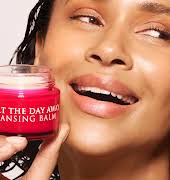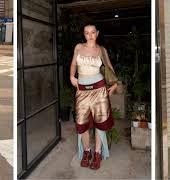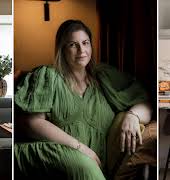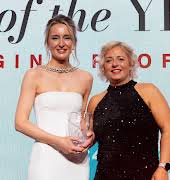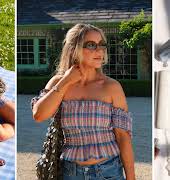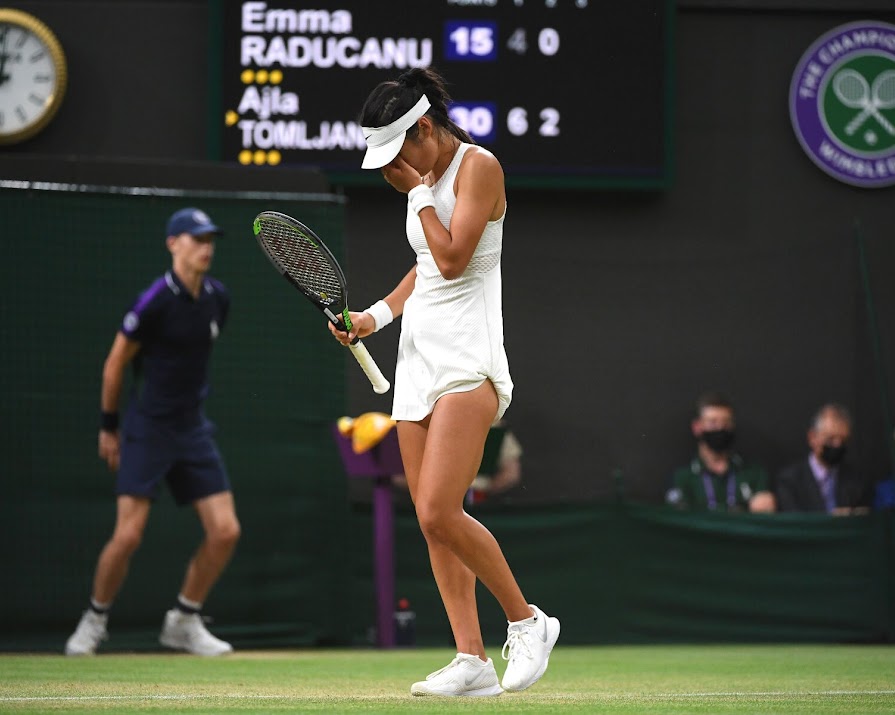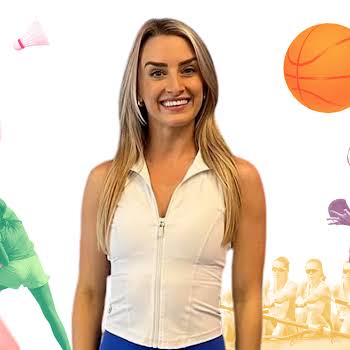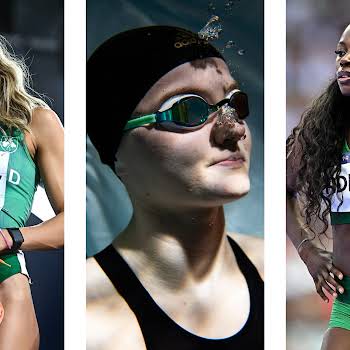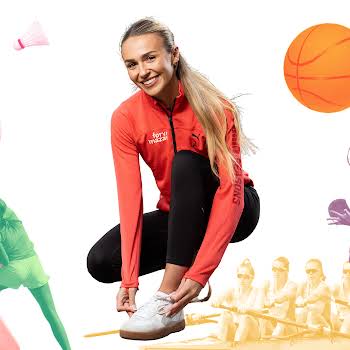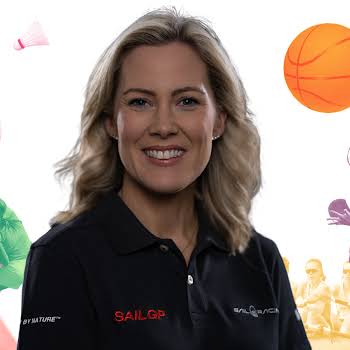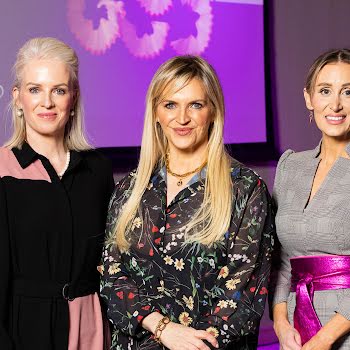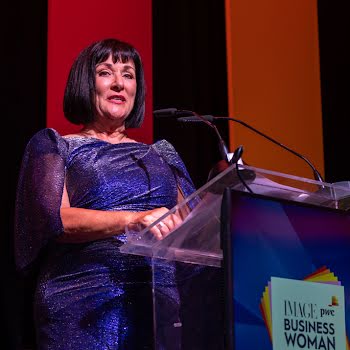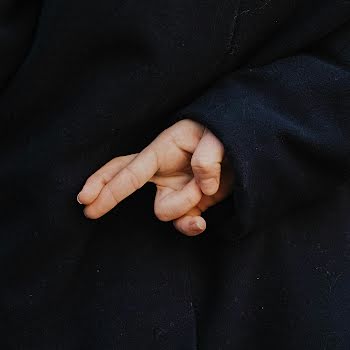
The sexist commentary at Wimbledon still remains a problem
By Jennifer McShane
08th Jul 2021
08th Jul 2021
Wimbledon in 2021 and once again female athletes are singled out on the playing field, a great deal of the time, for the wrong reasons.
British teenager Emma Raducanu’s run at Wimbledon ended on Monday night in the fourth round, when she was forced to withdraw for medical reasons.
The 18-year-old tennis hopeful, who made her Wimbledon debut this year, had been visibly struggling to breathe and clutching her chest throughout the match with Australia’s Ajla Tomljanovic. After consulting with her trainer and a doctor during the second set, she took a medical timeout where it was deemed she could not continue, thanks to issues with her breathing.
There was an outpouring of support for the teen, but considerable backlash started when three-time Wimbledon men’s champion John McEnroe. Commentating for BBC Sport, speculated that Raducanu could not handle the occasion, saying that it had “got a little bit too much”. He also compared the incident with Naomi Osaka’s recent experience, which led to her withdrawing from the French Open and Wimbledon because due to anxiety.
Advertisement
This type of reporting doesn’t go unnoticed. Remember the time Andy Murray called out sexist news reporters on behalf of his female peers?
However, it’s commentary and reporting that continues regardless. Boris Becker has been accused of sexism with comments he made about Marton Fucsovics’ fiancée during a Wimbledon match.
Fucsovics was playing a quarter-final against defending champion Novak Djokovic, and Becker was co-commentating with John Inverdale.
Inverdale made a joke about the name of Fucsovics fiancée, Anett Böszörményi, saying: “If you’re a tennis player, it’s always good to have a partner called Anett.”
Becker responded: “They do say they have the most beautiful women in Hungary. I wouldn’t know that, but she’s certainly very pretty.”
Advertisement
Chief executive of Women in Sport, Stephanie Hillborne, said:
“The charity Women in Sport has worked for decades to change sporting culture, including to end the objectification of women. When two men are comfortable talking about women in this way, never mind on live TV, it shows there is still more to do.”
Ageism
In 2019, there was a highly-anticipated game between Cori Gauff and Venus Williams. However, disappointingly, the speculation around the match was mostly due to the fixation over the 24-year age difference between the tennis tournament’s youngest and oldest female players.
Multiple headlines led with Gauff’s age. She is a teen so her skills and accomplishments at such a young age should naturally be celebrated – she did beat a five-time Wimbledon champion which was no small thing. But by focusing on her age compared to Williams’, it only gives traction to ageism against women in the game. And the focus tends to be on Williams’ age more often than not, given that she has become the oldest woman to reach a Wimbledon singles in 2019 final since Martina Navratilova in 1994.
Fashionable commentary
And then, there is the outfit critique. Too boring, too dull, too inappropriate. It has lessened in recent years but it’s still there.
Of course, there’s nothing wrong with fashion commentary; the outfits form an important part of how the athletes will feel on the day, how they’ll move.
Advertisement
The issue is the amount of coverage on the female outfits versus the men – there’s hardly any divide because it’s the female athletes who tend to be under this type of scrutiny.
At the end of the day, these incredible women don’t want to be remembered for how they looked on a court or if the event was all “a bit much” just because they prioritised their wellbeing over the sport – they want – and deserve to be remembered for the trophies they held walking off it.



